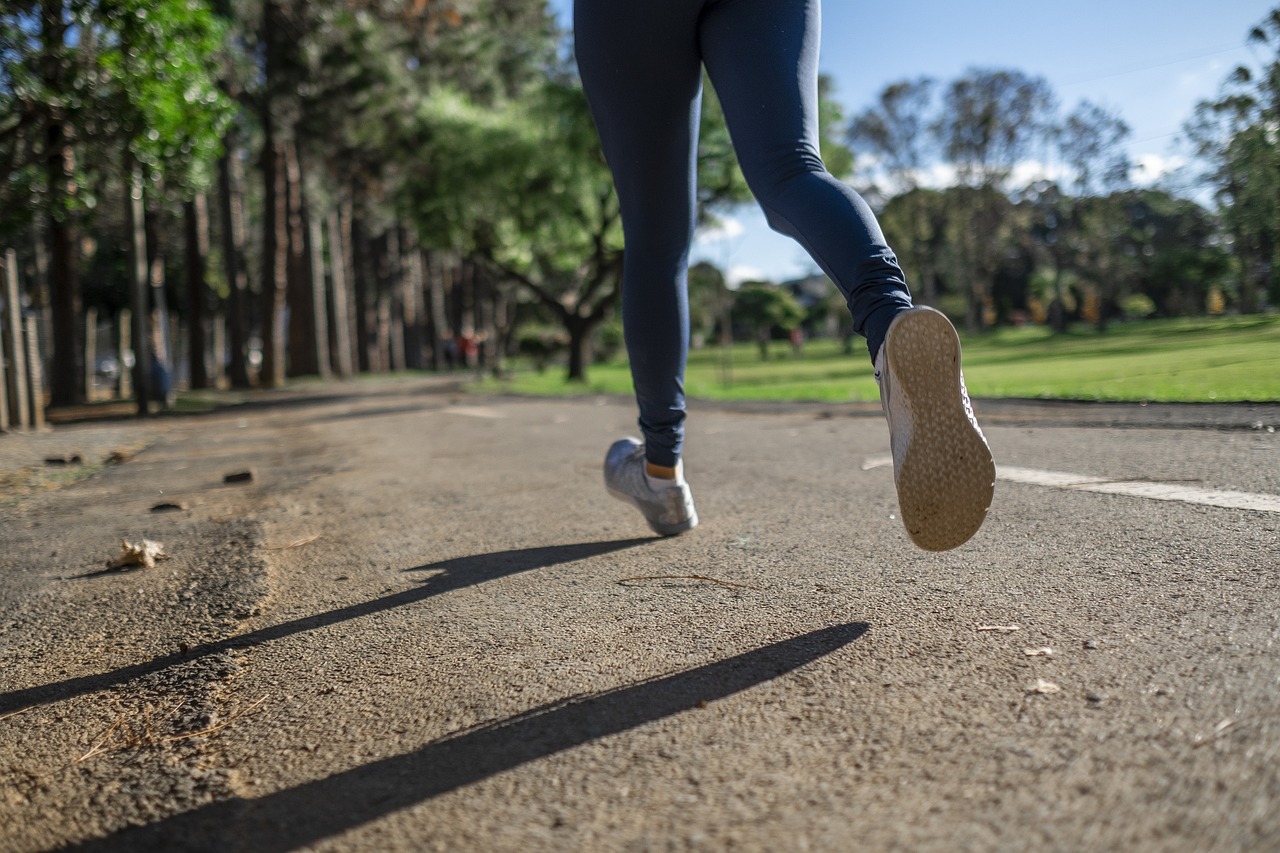Walking is a relatively safe exercise besides being viewed as invaluable “me-time” by those
who are regular with the habit.
The many health benefits of walking include better management of diabetes, heart health,
blood pressure, bone density, muscle tone and aerobic fitness, as also reduced risk of breast
and colon cancer, alleviation of depression, and improvement in cognitive function.
Though walking is relatively low impact, the repetitive nature of its movement can lead to
injury.
Lower Back Pain: Dull or sharp pain in lower back, buttocks, or back of leg that mostly
occurs in people with a history of back pain and in those unused to exercise.
Cause: Muscle strain, or disc bulge pinching a nerve that gets aggravated with walking.
Shin Splints: Dull aching pain in front of lower leg between knee and ankle, which can
progress into a stress fracture if you keep exercising.
Cause: When tissue between leg muscles and the shinbone (tibia) become inflamed with
the repeated motion of your legs hitting a hard surface when walking.
Stress Fracture: Throbbing pain with swelling in foot or ankle that worsens with walking.
Initially so tiny, it may not even show up on an x-ray.
Cause: The repetitive impact of walking can fatigue and overload the tiny crack, literally
breaking the bone. Women over 40 are more prone owing to bone density issues.
Knee Pain: The knee aches, throbs, even swells up with walking or bearing weight.
Cause: Underlying problems include tendinitis, osteoarthritis, Runner’s Knee or
misalignment of the kneecap, or overpronation where the feet roll inward when you walk.
Plantar Fasciitis: Tenderness and pain on the bottom of the foot, especially heel, which is
usually worse in the morning.
Cause: People with very high arches, flat feet, or ankles that pronate are predisposed to this
condition. Not stretching enough before walking can also be a cause.
Muscle Cramps: A tight squeezing pain, commonly in your calf muscles.
Cause: If new to strenuous exercise like walking uphill or walking very fast, or due to
dehydration or being low in potassium, an electrolyte that comes out in sweat.
Sprained Ankle: A sharp, sudden pain in the ankle that fades into a dull pain.
Cause: Could be an acute stretch of the ligament, or twisting of your ankle because of an
awkward step.
Achilles Tendinitis: Dull or burning pain in the back of heel or ankle.
Cause: Tight calf muscles, or age related loss of elasticity in tendons and ligaments.
How you can help yourself:
Gentle stretches three times a day – first thing in the morning, before and after walking.
- If new to walking, start slow and short, and gradually build up gradually over time.
- Always warm up before increasing pace.
- Ensure supportive footwear that have good shock absorption, are well-fitting but with
enough room so your toes don’t touch the front. - Practice good bone health by getting enough calcium and Vitamin D in your diet.
- Use orthotic inserts in shoes, if required, to correct overpronation.
- Avoid uneven surfaces like grass or footpaths with dislodged tiles.
- Drink plenty of water. If needed, get some potassium by eating a banana or sipping a
sports drink infused with the electrolyte. - If pain persists, take a break from walking, and seek medical advice. Rest as advised by
your doctor, and seek physical therapy if required.
How Argala Revive can help:
With pain management using specialized equipment to deliver electrotherapy modalities
such as IFT, Ultrasound, TENS, LASER therapy, Shockwave therapy or Infrared
Therapy.
- A physiotherapist will teach gentle isometric exercises to help in working your muscles,
and improving blood circulation to the painful areas. - Posture and form correction based on physical assessment and customizing a
physical therapy program accordingly. - Weight management plan as obesity and overweight individuals can put additional
strain on their muscles, making them prone to injury. - Building strength and stability with the help of an exercise physiotherapist, especially
required in older walkers as they experience degenerative changes in their joints,
muscles and bones. Argala’s experienced Geriatric Rehab specialists can help with a
personally supervised program to help you build strength.
Do not let pain or injury hamper your fitness goals!
Research says that moderate activity is required to alleviate chronic pains.
Argala’s expert team will help keep you pain free, get your muscles to be active again, and
get you back to the walking track as quickly as possible!

